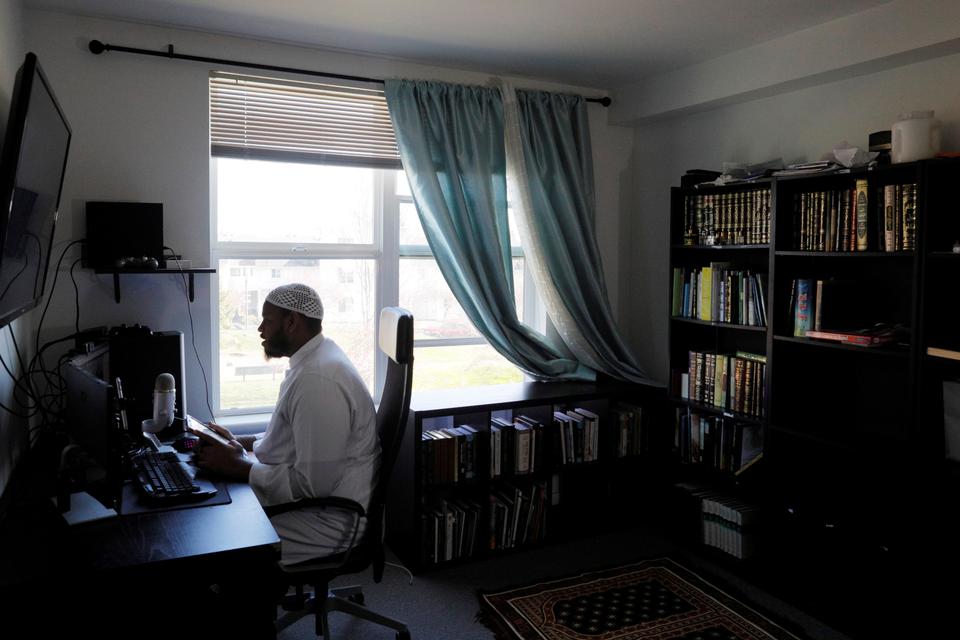Experts say Islamic guidelines on epidemics, going back to the time of the Prophet Muhammad, can help people cope with Covid-19.
Islamic rules over epidemics to protect people from death and sickness go back to the very early stages of the emergence of the monotheistic religion.
On many occasions, the Prophet Muhammed advised his companions to value their lives as the utmost importance over death in his numerous sayings (hadiths), urging people to stay away from places where there were epidemics.
“Our Prophet speaks about the concept of quarantine fourteen hundred years ago,” says Cafer Karadas, professor of divinity at Uludag University, referring to one of the widely known hadiths.
“When you hear that [a plague] is in a land, do not go to it and if it occurs in a land that you are already in, then do not leave it, fleeing from it,” the Prophet famously said.
“This saying exactly refers to the principle of modern quarantine. What it has been currently practiced [concerning the coronavirus outbreak] is the same principle as the advice of the Prophet,” Karadas told TRT World.
As the Covid-19 outbreak continues to kill tens of thousands of people across the world, the Prophet Muhammed’s advice on how to respond to a pandemic offers a motivation to people to stay put in their homes and protect themselves from the deadly virus.
Karadas says that the most important aspect of the pandemic is the element of human contact, which should be decreased to the lowest possible level to minimise the virus’s deadly effect.

Islam and epidemics
“Many centuries ago, our Prophet urged his people to eliminate the element of contact to save lives. It shows how much Islam values protection of life and health,” Karadas analysed.
The Prophet also strictly observed what he advised his companions about the epidemics as he had done in other issues.
“The Prophet gives utmost importance to his own health and public health. When he was in Medina and was about to make an agreement with one of the delegations, he refused to shake hands with one of the people [from the delegation], who had a contagious disease, sending him back [to where he came from],” said Huseyin Ari, an expert in the High Council of Turkey’s Directorate of Religious Affairs.

